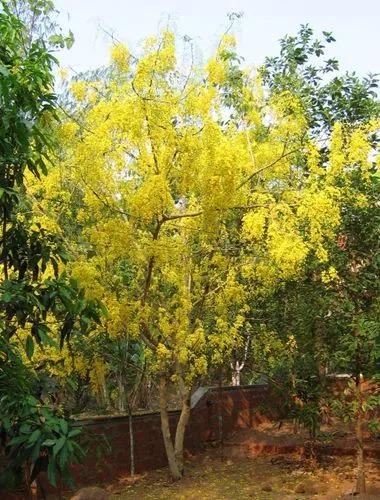Rich pink buds gradually open to deeply cupped flowers that bloom intermittently from early summer to the onset of frost. Good Old Rose fragrance with a hint of raspberry.
David Austin The Alnwick Rose Care
Rosa 'ausgrab'



How to Care for the Plant

Water

How much water your rose bush will require depends on your soil and weather. A general rule of thumb is to provide roses at least one inch of water each week—this could mean daily waterings, every other day, or even just twice a week. Be sure to water deeply to promote good root development—aim your hose at the base of the plant and avoid spraying the delicate blooms directly.

Pruning

As with other roses, you'll want to prune this roses just before their new growth starts in late winter or early spring. Hard pruning is not necessary. Simply prune dead or broken wood first, then trim back about one-third of the plant to maintain its shape and encourage new growth.

Fertilizer

Roses can be heavy feeders and since miniature roses continue blooming all season, regular fertilizing is essential. Use any commercial rose food or general all-purpose fertilizer, according to label instructions. To keep your plant healthy, be sure to feed it when the bush first leafs-out and after each heavy flush of bloom. Stop feeding your roses about six to eight weeks before the first expected frost to discourage new growth that could be killed back during winter.

Sunlight

Like all roses, the miniature varietals thrive in full sun. Though they can tolerate a bit of shade, often times their foliage and flowers will become sparse in shady conditions. At least six to eight hours daily of sunlight should result in the best disease resistance and the most full, bloom-packed bush possible.

Soil

Roses like a rich, well-drained, loamy soil. Miniature roses are also a favorite plant for patio containers; if you choose to go this route, don't dig soil from the garden to use in your pots. Instead, buy bags of potting soil—garden soil is too heavy and can compact with the frequent waterings needed for container plants, potentially suffocating the roots. Light, nutrient-rich potting soil drains well, helping the plant avoid root rot.

Temperature

Miniature roses can withstand a moderate range of temperatures but will do best around 70 degrees Fahrenheit. They cannot withstand cold temperatures below 32 degrees Fahrenheit, so if you're expecting a drop, your best bet is to bring any bushes planted in containers indoors.

Popularity

30 people already have this plant 22 people have added this plant to their wishlists
Discover more plants with the list below
Popular articles






